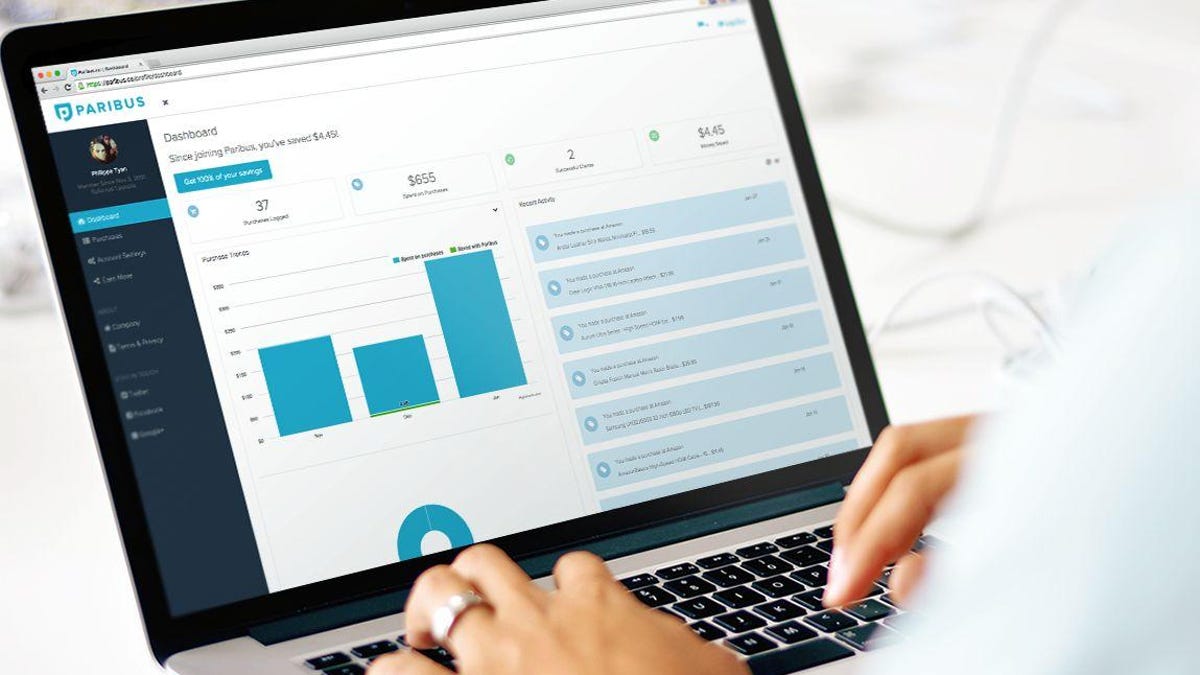How to get price-drop refunds without even trying
When there's a lower price on something you purchased online, you may be eligible for a refund. Paribus grabs it for you -- no strings attached.
Editors' note: This was originally published on May 25, 2016, and has since been updated to reflect changes to the Paribus service.
I do a considerable amount of shopping online, so when a service comes along promising to help me save money, I pay attention.
Paribus is one such service; it monitors your purchases at nearly 30 stores, watches for price drops and then negotiates a price-matching refund on your behalf. Whoa.
Even more amazing: Paribus does this for free. When the service first debuted last year, it charged a percentage of whatever refund it managed to claim. That's no longer the case.
So is there any reason not to use the service? Let's take a closer look.
What's the catch?
First, let's talk about the promise of Paribus. Many, if not most, online stores offer price-matching/purchase-protection, meaning if you buy something and then the price drops, you can get a refund for the difference. (Unfortunately, Amazon is no longer one of those stores, though Paribus still monitors those orders to watch for late deliveries.)
The trick, of course, is keeping tabs on those prices and then reaching out to request the refund. That's a time-consuming hassle most people don't bother with.
And that's where Paribus comes in: It handles the heavy lifting of tracking your purchases, following the prices and, when necessary, contacting customer service on your behalf. The end result can be very positive -- but you must be willing to sacrifice some privacy .
Indeed, the only way this works is if you're willing to let the service monitor your email so it can look for store receipts. No doubt that's a big red flag for privacy-minded shoppers who might remember that another email-monitoring service, Unroll.me, sold receipt information to Uber. Nothing indicates that Paribus engages in the same data sharing, but take a close look at the privacy policy before signing up.
Does it work?
Because Paribus operates "behind the scenes," you might actually forget it's there -- until you get a notification about a refund. After I signed up for the service last year, it notified me about a price drop on a paper cutter I'd purchased. Shortly thereafter, the store sent an email indicating that a $6.78 refund had been processed -- all without any action on my part. (That was through Amazon, which Paribus is no longer compatible with, but other stores work the same way.)
I will say it was a little odd to read the letter "I" had written to the store's customer-service department -- it was copied in the response -- but then I realized it was no different than what I'd have written myself. And, the $7 it found for me is money I'd never have saved otherwise, because I wouldn't have known about the price drop.
What do you think? Are you willing to let Paribus scan your email and act as your proxy in reaching out to customer-service departments? Or does it weird you out a little too much?


